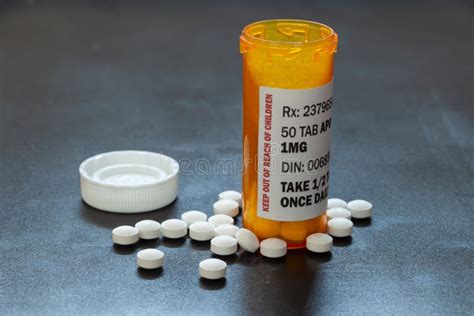The sun beat down on the bustling town of Deerfield, Illinois, where a storm was brewing in the form of a lawsuit filed by the U.S. Justice Department against retail giant Walgreens. The accusations were grave – filling millions of prescriptions over the past decade without a legitimate purpose, including for dangerously high quantities of opioids.
Questionable Practices Unveiled
The lawsuit, lodged in the U.S. District Court for the Northern District of Illinois, painted a troubling picture. It alleged that Walgreens pharmacists had been filling controlled substance prescriptions despite glaring red flags indicating potential illegality. In their rush to dispense medications, they reportedly ignored crucial signs that should have raised concerns about the validity of these prescriptions.
Pressure and Negligence
Moreover, it was claimed that Walgreens had systematically pressured its pharmacists into fulfilling these prescriptions without conducting due diligence to ensure their legality. The company allegedly turned a blind eye to evidence from within its ranks, such as data pointing to stores dispensing unlawful prescriptions. Shockingly, pharmacists were purportedly deprived of vital information that could have helped them identify problematic prescribers.
As Principal Deputy Assistant Attorney General Brian M. Boynton aptly put it, “This lawsuit seeks to hold Walgreens accountable for the many years that it failed to meet its obligations when dispensing dangerous opioids and other drugs.” The allegations suggested that lax practices at Walgreens had facilitated the illegal flow of millions of opioid pills and other controlled substances from its stores.
Looming Legal Battle
In response to these damning claims, Walgreens staunchly defended its position. The pharmacy chain asserted that its pharmacists diligently fulfilled valid prescriptions for FDA-approved medications issued by DEA-licensed prescribers in full compliance with legal requirements. Moreover, they contended that there was no basis for holding them accountable under laws or regulations not officially established through due process.
Amidst this legal showdown, echoes from a similar case involving CVS reverberated through the industry landscape like distant thunderclaps on a stormy night. With federal prosecutors intensifying efforts to scrutinize corporate accountability in combating addiction and overdoses tied to opioids – which have claimed over 80,000 lives annually – pharmacies found themselves under heightened scrutiny.
The Human Toll
Behind these lawsuits and legal wrangling lay a stark human toll – families torn apart by addiction, communities ravaged by overdose tragedies, and individuals grappling with substance use disorders exacerbated by easy access to prescription medications intended for healing but often fueling destruction instead.
As authorities endeavored to reign in this crisis gripping America’s heartland, questions lingered about the role played by drugmakers, wholesalers, and pharmacies in perpetuating this cycle of dependency and devastation. While settlements totaling billions aimed at curbing opioid misuse offered some semblance of justice or closure for affected parties, scars remained fresh on those who had borne witness to this dark chapter in modern healthcare history.
In conclusion,
the saga between Walgreens and the U.S. Justice Department underscored broader issues surrounding prescription drug practices across America – raising fundamental questions about regulatory oversight,
corporate responsibility,
and above all else,
the imperative need
to safeguard
public health
and well-being
above profits
or convenience alone.

